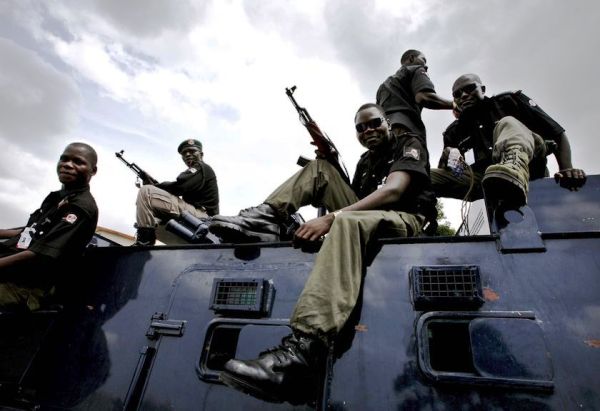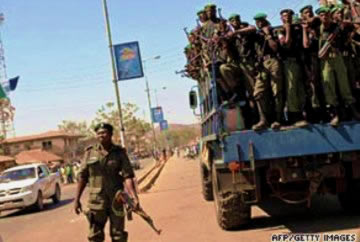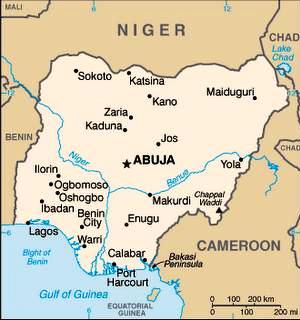
Photo: Finbarr O’Reilly/Reuters
THE LAST SEVEN DAYS have seen an unprecedented power struggle in the northern states of Nigeria between Muslim fundamentalists and police forces. The fighting started in the northeastern town of Maiduguri (1.2 million residents) when militants attacked the Nigerian government and police squads with civilians caught in the cross-fire.

